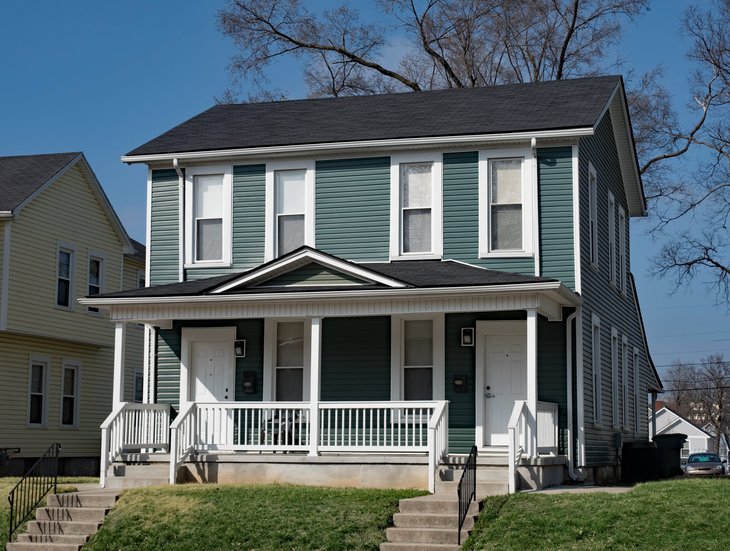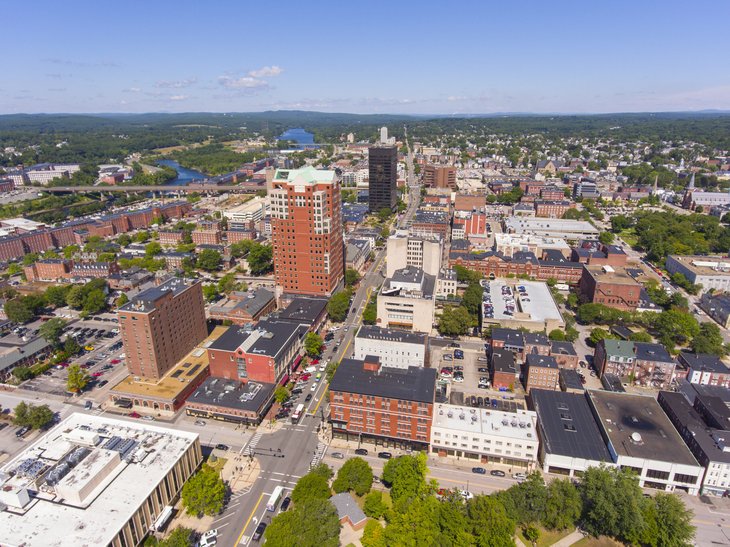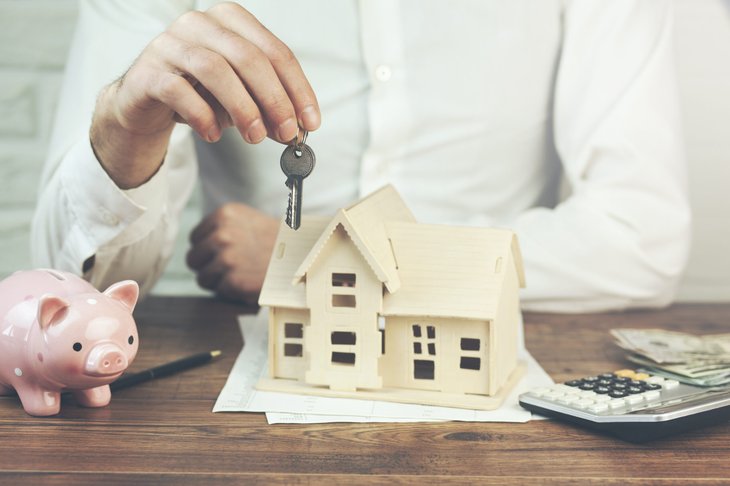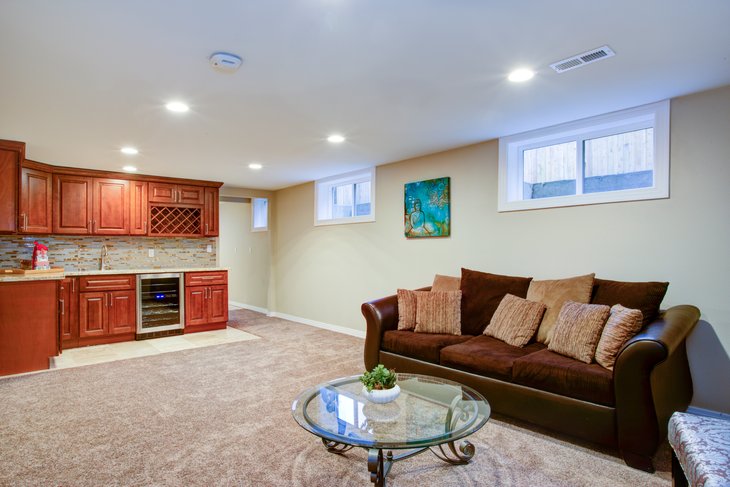
Editor’s Note: This story originally appeared on Point2.
Owning a home can be a great way to steadily build up cash reserves. But what if you could speed up the process? House hacking is a technique used by real estate investors to pay all, or a portion, of their mortgage while living in the home they purchased.
In this way, they’re able to pay off their mortgage faster and eventually build a rental portfolio. Sounds too good to be true? Let’s take a closer look.
The Basics

House hacking takes advantage of the lower financial costs of buying a primary residence rather than an investment property. As a result, it enables almost anyone who owns their home to make extra money that helps cover mortgage repayments. In the best case, house hackers are able to cover their mortgage entirely and have some cash left over.
It works by renting out part of your home to tenants and is a great way to ease into investing in real estate. The best results come from buying a multifamily house, such as a duplex, triplex, or quadruplex, although a single-family home can also be house hacked.
From financial gains to getting landlord experience, there are plenty of benefits to house hacking:
- It’s a superb way to ease into real estate investing and become familiar with being a landlord.
- You have proximity to tenants for easy communication and troubleshooting.
- Financing a primary residence is often cheaper than an investment property.
- Building up equity faster.
- There’s the possibility of tax reductions.
Want to give house hacking a go? Here are some pointers …
Choose the Right Property

Larger multifamily properties are the best option when it comes to house hacking. In general, the more units you will be able to rent out, the better. So while a duplex is good, a triplex or quadruplex is better since you’ll have more income streams.
The idea is for you to live in one of the units and rent the others out. Multifamily homes are ideal since they come complete with ready-to-go living units, with a bedroom, bathroom, and kitchen as a minimum.
In an ideal situation, the home you buy will start as your primary residence but will eventually be rented out entirely once you can either expand your renting portfolio or move to the house of your dreams.
Location Counts

Some areas only allow mixed-family or multi-unit properties, while others allow a mix of single-family homes and multi-units. In general, the latter is preferable as investors are less likely to flood the area with tenants and larger apartment buildings. So, be sure to check zoning laws before you make an offer.
Desirable parts of town are more expensive but also easier to find tenants for. Proximity to public transport as well as job opportunities is essential, so be sure to research any potential location. Also, look for areas free from HOA restrictions, as some can prohibit non-owner occupancy or short-term rentals.
Other desirable traits to look out for include plenty of parking space and peaceful areas. Finally, check out the vacancy rate of local rental properties and how much the average rents are. If there’s a high vacancy rate, it’s perhaps not the best location.
Understand Your Financing Options

Once you find the right home, be sure to make the most of your financing options. As your primary residence, a multifamily home can be bought using a conventional loan through a traditional lender. These loans typically boast better interest rates and lower down payments than if you were to apply for an investment property.
Before you make an offer on a property, be sure to do the math. First, you need to know how much potential income you can hope for and how long it will take before you’re able to refinance. Ideally, it won’t take too long before you can turn the equity in your first property into cash to put as a down payment in your next one.
Thinking Outside the Box: How to Hack Any House

While a multifamily home is ideal, it’s not the only way to house hack. A single-family home with several bedrooms can also be a great choice, with each extra room being rented out in a house-share system.
Alternatively, a converted attic, basement, or garage can work just as well as a stand-alone apartment that can be rented out while you live in the main home or vice versa. Or, if space allows, you can build an additional dwelling unit (ADU) on your land.
Finally, short-term rentals are also a great way to make extra cash without worrying about managing a full-time tenant.
Disclosure: The information you read here is always objective. However, we sometimes receive compensation when you click links within our stories.



